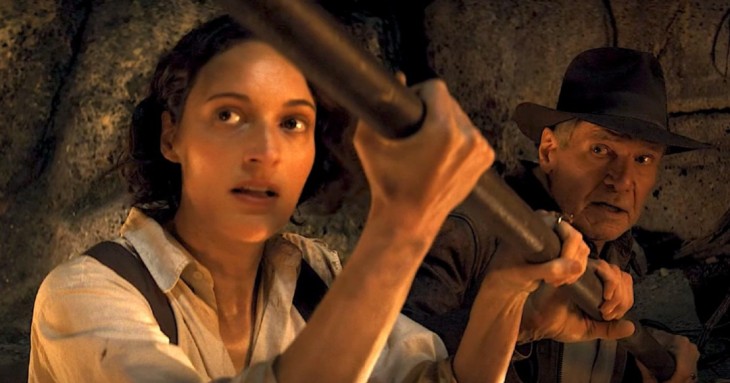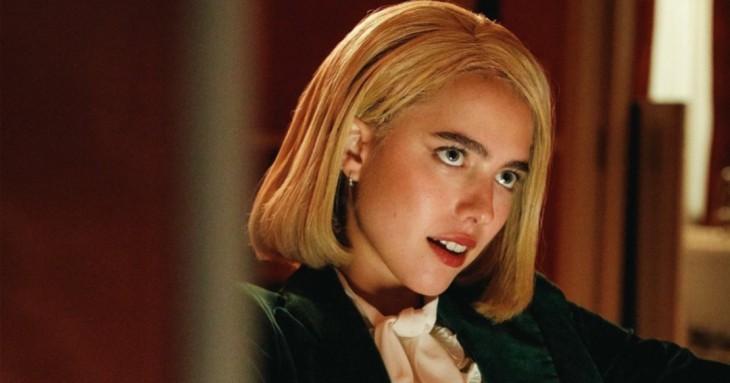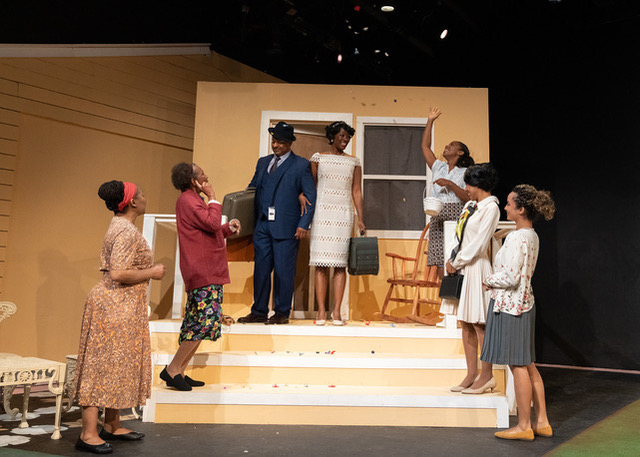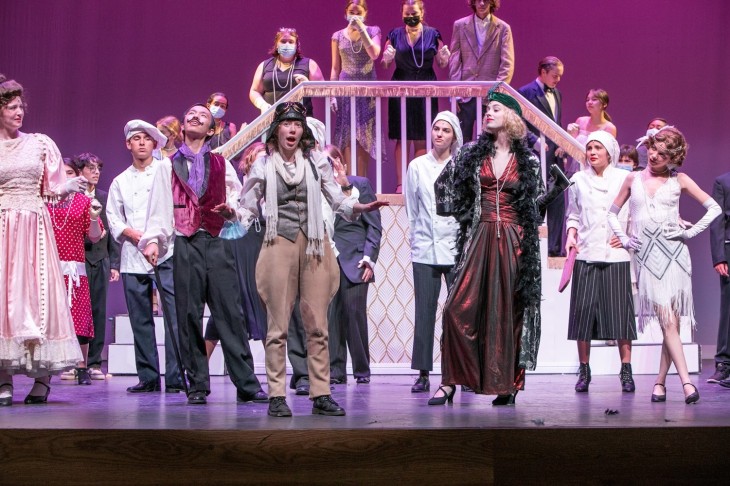By Melinda Myers
Brighten your winter days by inviting birds into your landscape. Their beauty and motion help enliven the garden and lighten your spirit. Not only do they provide entertainment, but also an opportunity for all ages to stay involved with nature year-round.
Increase the number of visitors to your yard by including all the essentials these winged visitors need; food, shelter and water.
Plants are the easiest way to bring birds into your landscape. These natural feeders provide seasonal food and shelter for the birds. Take a walk through your yard and look for trees, shrubs and perennials that provide food and evergreens that provide year-round shelter. Plan on adding a few of their favorites that provide food and shelter and seasonal beauty you can enjoy.
In the meantime, add a few feeders. This is a great way to increase the number and diversity of birds visiting your garden.
Place feeders in a quiet, sheltered location where you can easily watch these visitors come and go. Avoid placing feeders too close to plants that provide easy places for squirrels to jump onto the feeders and cats to hide while hunting for a meal.
Select feeders to attract the type of birds you want to bring into the garden.
Tube feeders with metal ports keep the seeds fairly clean and dry and are somewhat squirrel resistant. Feeders with short perches attract small birds like chickadees, titmice, and finches. Those with the perches above the feeding port are suitable for birds like goldfinches, chickadees and pine siskins that can feed upside down.
Thistle feeders and socks have extra small openings designed to hold the small seeds of thistle. You’ll find small songbirds like finches feeding at these.
Suet feeders hold blocks of high energy food made of animal fat filled with seeds and berries. They attract woodpeckers, nuthatches, chickadees, titmice, jays and starlings.
Platform feeders attract the greatest variety of birds, but give squirrels easy access to the seed. Plus, the open environment subjects the seeds to spoilage from damp weather and droppings from feeding birds. Enclosed hopper or house feeders are attractive to most birds, but once again the seed can be exposed to the weather and spoil.
Be sure to thoroughly clean the feeders monthly to avoid the spread of disease. Cover droppings and spoiled seed on the ground with a fresh layer of mulch.
Add additional feeding stations by dressing up your evergreens with bird-friendly ornaments. You can purchase seed coated ornaments or make your own. Roll an evergreen cone in peanut butter or suet and coat with birdseed. Coat a stale bagel with peanut butter and seed. Hang these on the tree with colorful yarn. Add a few orange slices and strings of cranberries for added food and color.
And once the holidays are over move a discarded holiday tree into your bird feeding station. It provides shelter from cold winter winds and makes another place to hang a few edible ornaments.
Keep the birds coming by adding a birdbath for a constant supply of water for drinking and bathing. Shallow birdbaths with sloping sides and a maximum depth of two inches in the center provide easy access for all birds. Keep the water flowing despite cold temperatures with the help of an immersion heater designed for birdbaths or purchase a birdbath with a built-in thermostatically controlled heater.
And once you create a bird-friendly environment you’ll be enjoying them year-round. Listen for their songs, watch them raise their young and thank them for helping keep garden pests under control.
Melinda Myers has more than 30 years of horticulture experience and has written over 20 gardening books, including Small Space Gardening. Myers is a columnist and contributing editor for Birds & Blooms magazine. Myers’ web site is melindamyers.com.
























